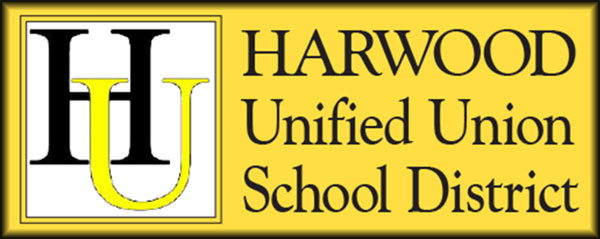The Harwood Unified Union School District (HUUSD) Board received Open Meeting Law (OML) training at the last meeting in response to complaints lodged last summer.
Susan Ceglowski, from the Vermont School Boards Association, presented the ins and outs of open meetings and executive sessions at the board’s April 25 board meeting.
The board scheduled the training in response to complaints from Heidi Spear, a former board member from Fayston, Jill Ellis, a current board member from Fayston, as well as The Valley Reporter and Waterbury Record. The training was originally scheduled earlier in the year but due to illnesses was pushed back.
Ceglowski explained the basic details of Open Meeting Laws. Meetings are open to the public; agendas must be posted 48 hours in advance for a regular meeting and 24 hours prior to a special meeting.
A special meeting is any meeting that takes place outside of the normal scheduled meetings.
She also noted that public comment must be allowed at each of the meetings, though board meetings are not meetings with the public, they are meetings open to the public. This aligns with the board policy of not engaging with public comment but rather listening to residents’ concerns.
Ceglowski also explained that a public meeting could take place in a physical location, over email or on social media at times.
Maureen McCracken asked Ceglowski to explain further.
Ceglowski said that any string of emails that discusses board businesses, with a quorum of the board, could be considered a public meeting and, thus, subject to all of its laws. Most notably, it means that any communication would have to be made available to the public and board members would have to hang onto emails for very long periods of time.
Alex Thomsen, of Waterbury, asked if she must keep every single email that is sent to the full board. Ceglowski explained that, yes, she does.
Upon this realization, each board member asked to be given an HUUSD-specific email address. This option has been available to them from the beginning but until now has not been utilized.
Furthermore, the board’s use of Front Porch Forum could cause issues as well. Since Front Porch Forum is a public portal, if a board member were to post about board business and, subsequently, other board members were to add to the conversation, the posts could be considered part of a public meeting.






